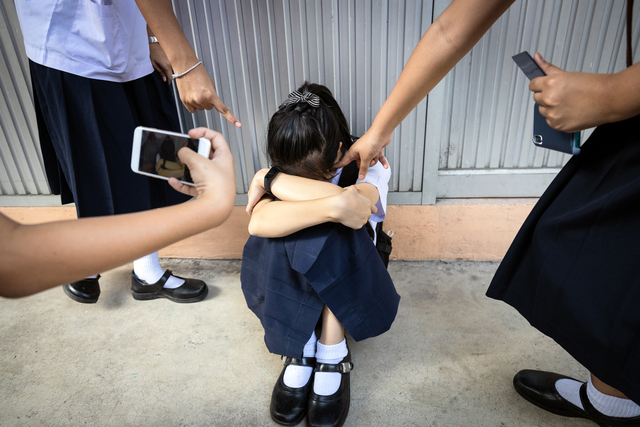Dolly’s Dream is asking parents and children to think about being kind.
The national anti-bullying organisation is dedicated to changing the culture of bullying by providing support, programs, and resources for families, schools, and communities.
Clinical psychologist Dr Charlotte Keating, a Dolly’s Dream advisory board member, said a recent report found one in six students had been made fun of by peers.
“It’s critical to have conversations with children and young people about what bullying is, and the steps they can take to get help,” Dr Keating said.
Bullying is behaviour which causes harm and is done deliberately and repeatedly.
Bullying can be:
• physical – hitting, shoving, tripping, or kicking;
• verbal – insults, threats, or nasty teasing;
• social – spreading ugly rumours or telling people not to be friends with someone; or
• cyber – spreading nasty gossip about someone online or posting embarrassing pictures without their permission.
If your child says they’re being bullied, it’s important to stay calm and let them know they’ve done the right thing by telling you.
Ask them for the full story and explain that bullying is never okay and that it’s normal to feel upset.
If the bullying is taking place at school, reach out to meet and discuss the situation.
If the bullying is happening online, capture screenshots of abusive messages, comments, or posts, and save any relevant emails or direct messages. Make a note of the dates, times, and details.
Report to the social media platform and file a report to Australia’s independent regulator for online safety, the Australian eSafety Commissioner, at esafety.gov.au.
Dolly’s Dream recommends parents teach their kids to recognise when they need support and help them make a list of trusted adults they could talk to.
Speak to qualified counsellors via the free Dolly’s Dream Support Line 24 hours via 0488 881 033 or dollysdream.org.au.








